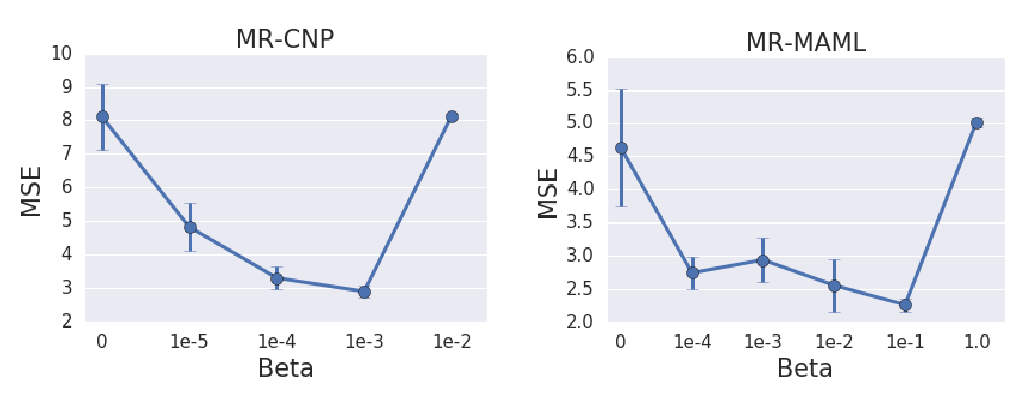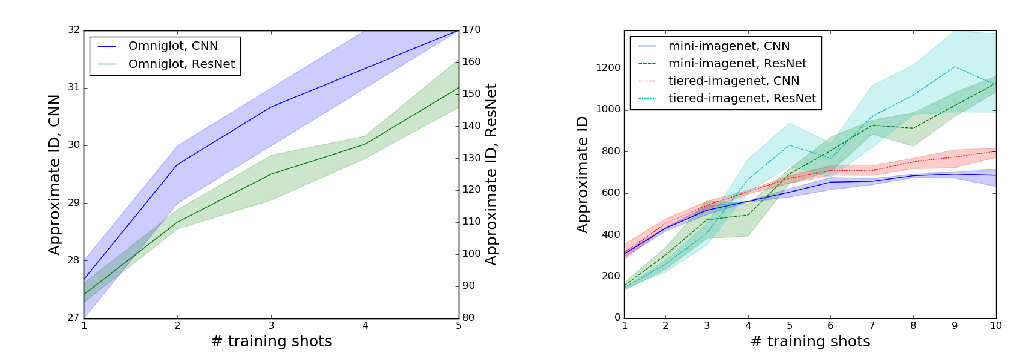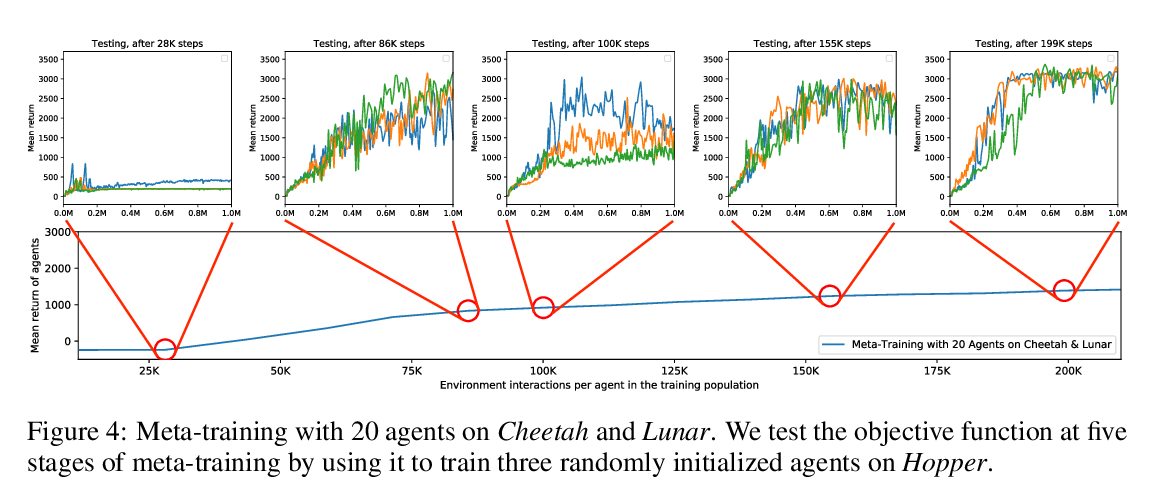Abstract:
In order to efficiently learn with small amount of data on new tasks, meta-learning transfers knowledge learned from previous tasks to the new ones. However, a critical challenge in meta-learning is the task heterogeneity which cannot be well handled by traditional globally shared meta-learning methods. In addition, current task-specific meta-learning methods may either suffer from hand-crafted structure design or lack the capability to capture complex relations between tasks. In this paper, motivated by the way of knowledge organization in knowledge bases, we propose an automated relational meta-learning (ARML) framework that automatically extracts the cross-task relations and constructs the meta-knowledge graph. When a new task arrives, it can quickly find the most relevant structure and tailor the learned structure knowledge to the meta-learner. As a result, the proposed framework not only addresses the challenge of task heterogeneity by a learned meta-knowledge graph, but also increases the model interpretability. We conduct extensive experiments on 2D toy regression and few-shot image classification and the results demonstrate the superiority of ARML over state-of-the-art baselines.



